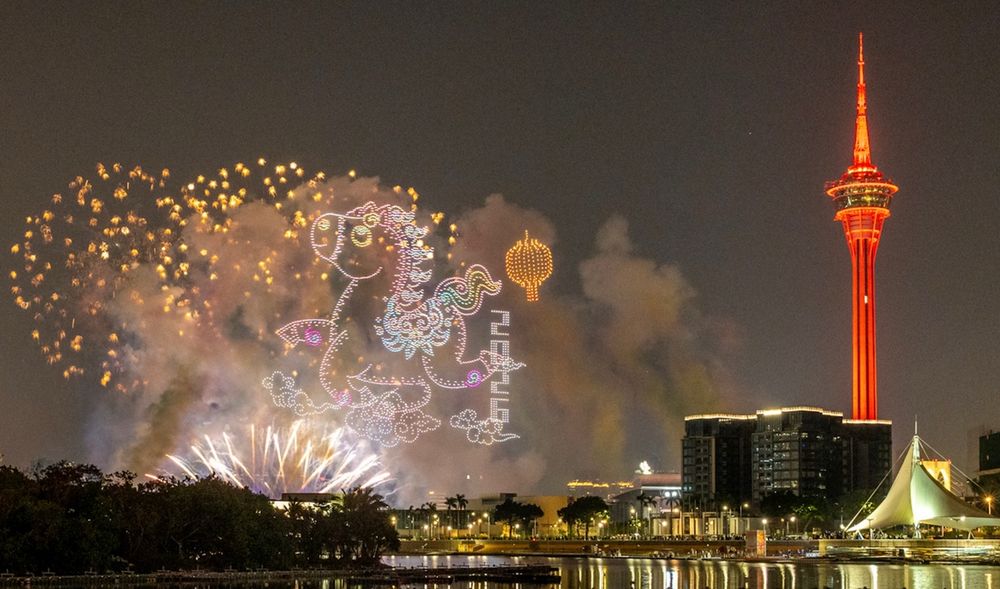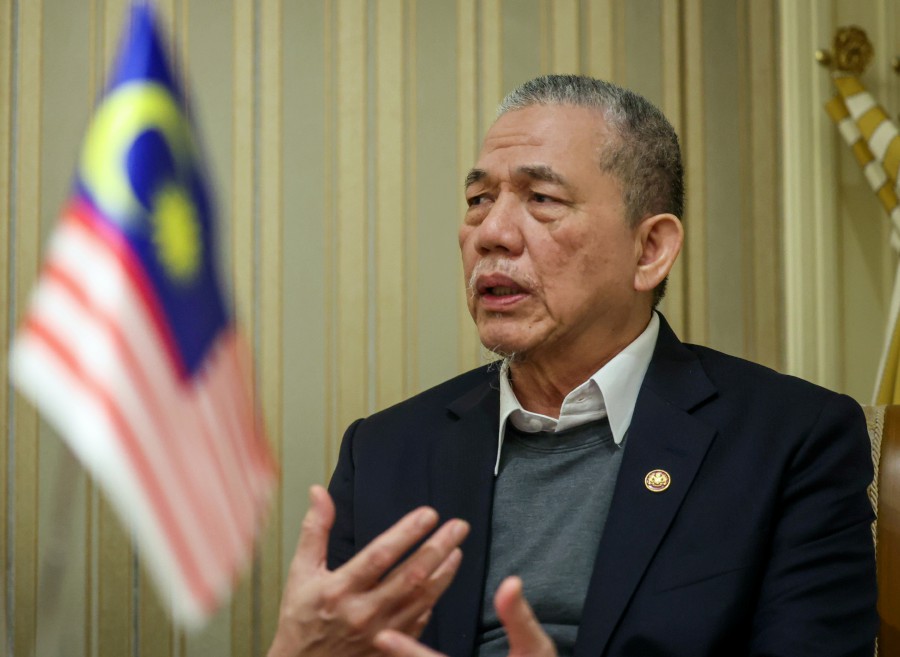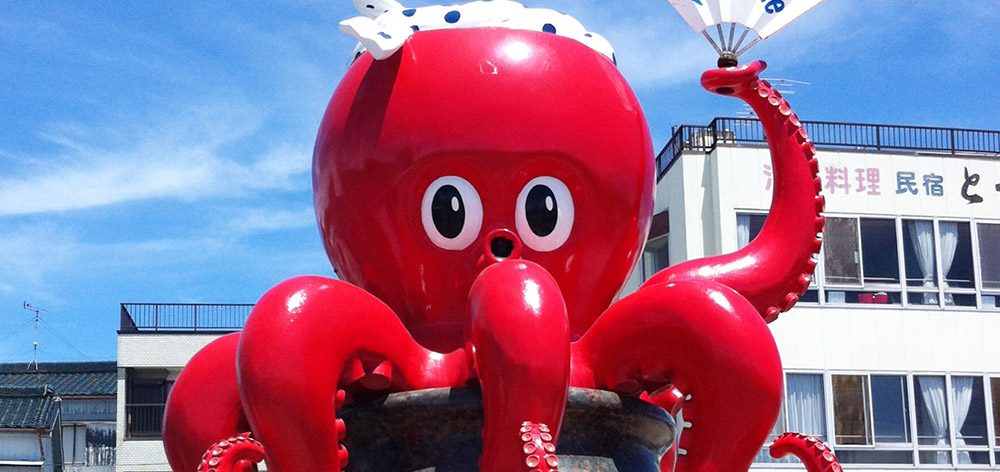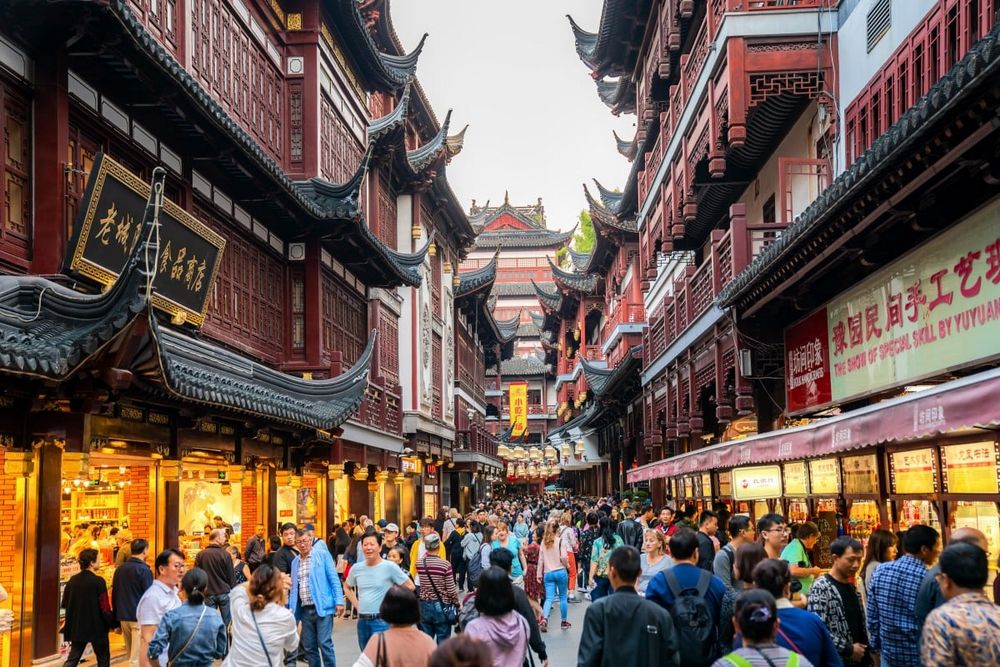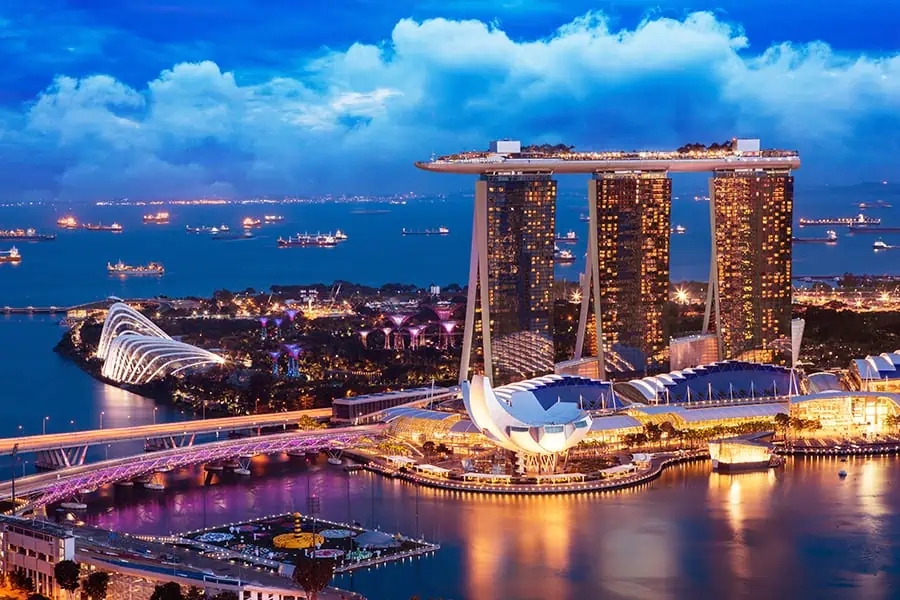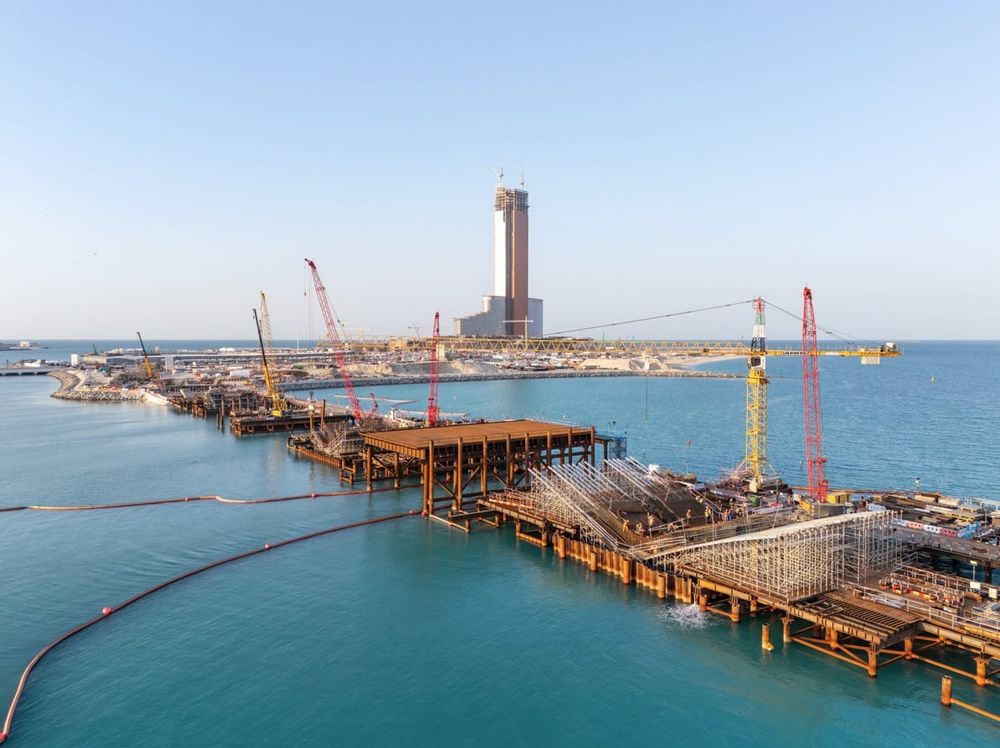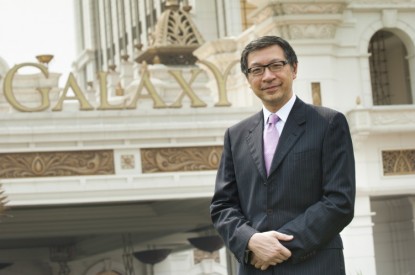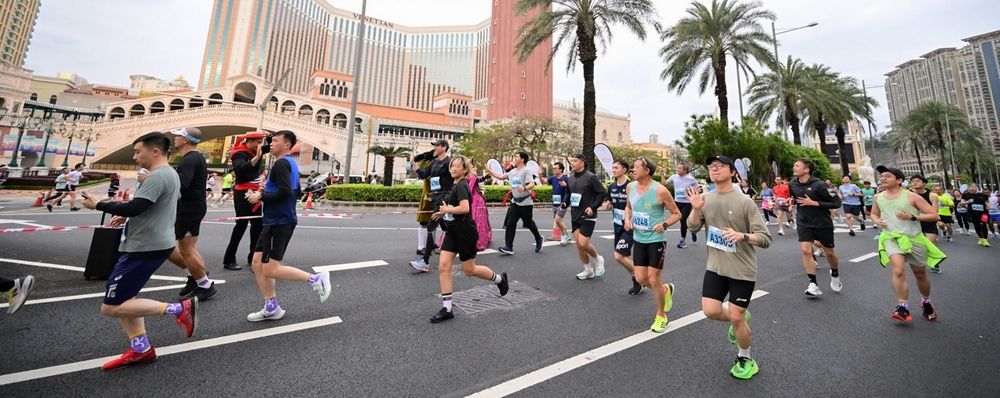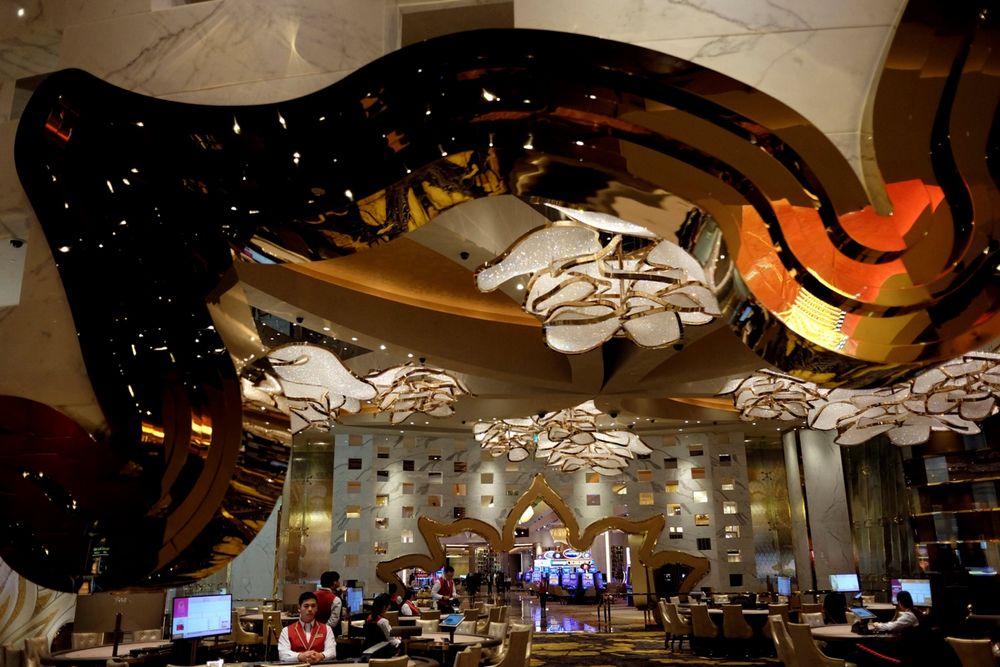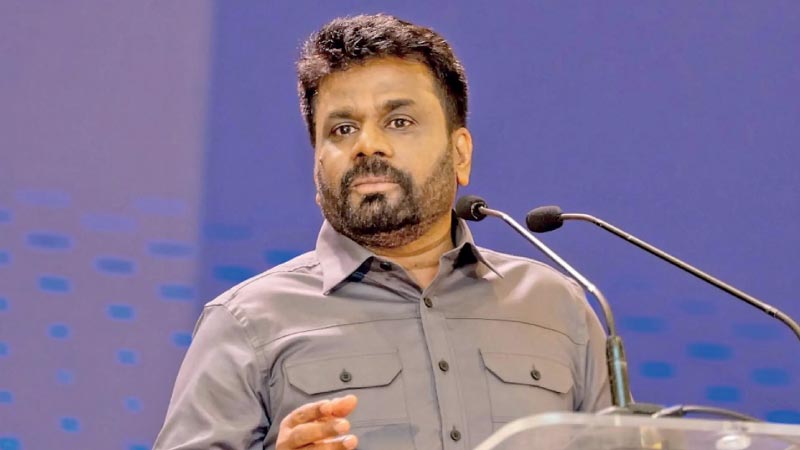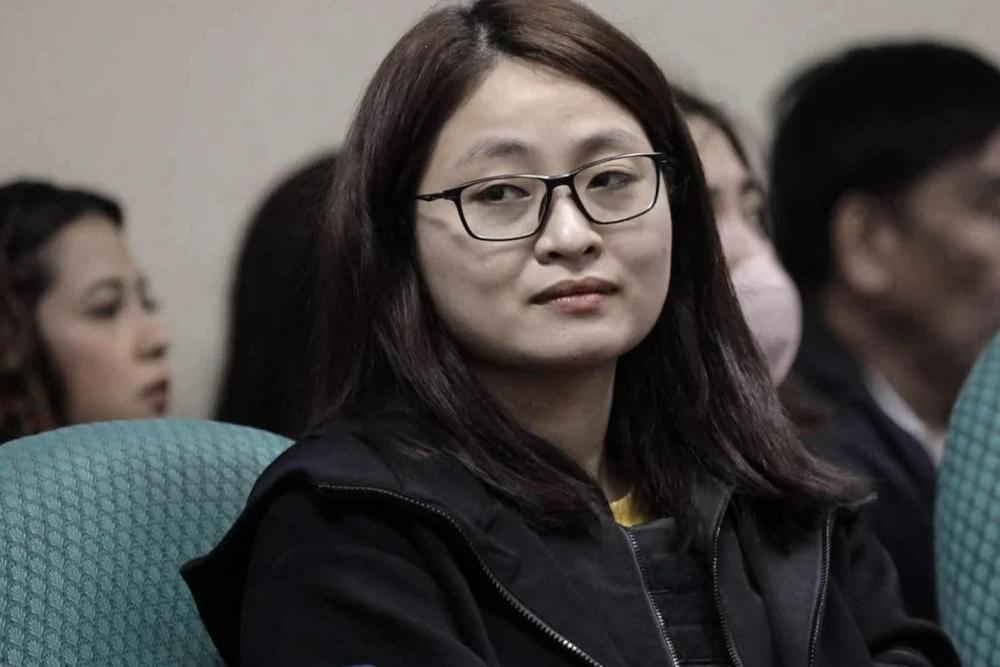Sri Lanka is about to flip the switch on a completely new gambling framework. From 1 December 2025, the Gambling Regulatory Authority Act, No. 17 of 2025, officially comes into force after being gazetted by President Anura Kumara Dissanayake, creating a single Gambling Regulatory Authority (GRA) for the entire sector.
The Act was passed by parliament in August and certified by Speaker Dr Jagath Wickramaratne in early September, with lawmakers setting 30 June 2026 as the deadline to have the new regulator fully established and operational. It replaces three legacy statutes – the Betting on Horse-Racing Ordinance, the Gaming Ordinance and the Casino Business (Regulation) Act 2010 – which were no longer fit for a market shaped by online play, cross-border activity and integrated resorts.

Under the new law, the GRA will oversee all forms of gambling: land-based casinos, betting, online gambling, offshore operations, gaming on board ships and activity within the Colombo Port City. It will issue and revoke licences, enforce compliance, collect revenues and publish binding social responsibility codes for both physical and digital operators.
A key driver is the explosive shift to online gaming. Officials have warned that 60–70% of Sri Lanka’s casino users now play online, while only 30–40% visit licensed land-based casinos, and there is currently no robust system to tax or supervise online operators. At the same time, Sri Lanka faces an upcoming FATF evaluation on anti-money laundering and counter-terrorism financing, making a centralised regulator politically essential.
From chaos to control: Sri Lanka drafts law to regulation...
Fiscal pressure is also increasing. As part of the 2025 budget, the government has raised the betting and gambling levy and doubled the casino entry fee for locals from US$50 to US$100, aiming to capture more revenue from a sector projected to grow from around US$294 million in 2020 to over US$410 million by 2026.
For casino and online operators, the message is clear: Sri Lanka is moving from fragmented, outdated rules to a single, modern regulator with teeth. Those prepared to adapt to tighter licensing, clearer AML expectations and unified responsible-gaming standards will be best placed to benefit as the country positions itself as a South Asian hub alongside Macau, Singapore and Manila.











